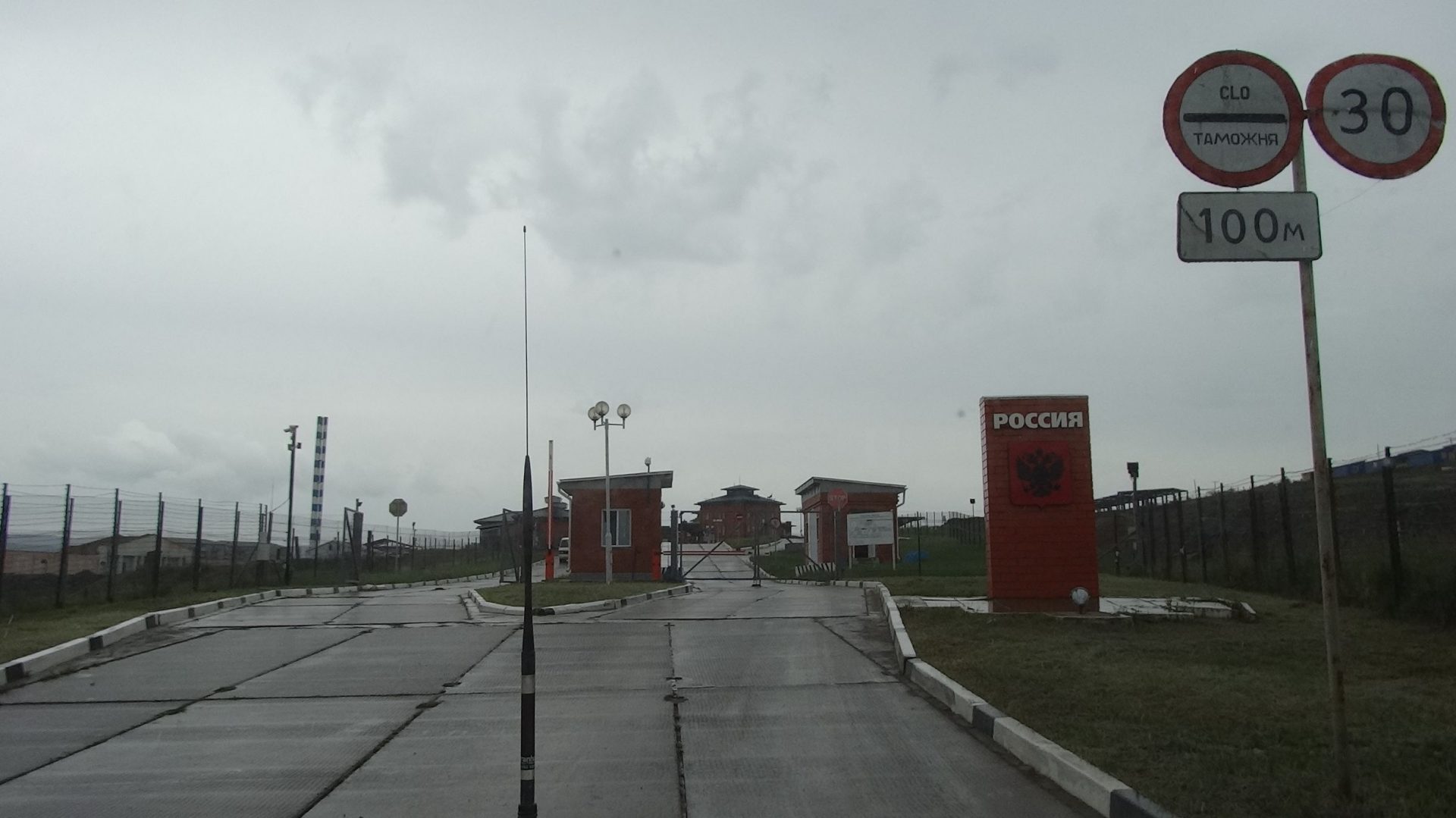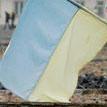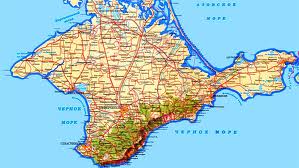Russia’s military intervention in Crimea, whatever its consequences for Ukraine itself, is first and foremost a gauntlet thrown down to the West. How the West responds will shape the future of Russia, Ukraine, and the European project for a generation.
Regardless of the wisdom of Western support for Ukraine’s Euromaidan protest movement, regardless of the unsavory makeup of Kiev’s interim government, and regardless of the mistakes made by all sides in recent months, the reality is this: for the second time in six years, Russian President Vladimir Putin is using force in the territory of another sovereign country to achieve what he could not accomplish through diplomacy.
In so doing, he is setting up a militarized border beyond which he will not allow the European integration project to progress. If the EU and the West more broadly accept that border, they will almost certainly be called upon to defend it in the future.
Recognizing Putin’s new frontier also means condemning the next generation of Ukrainians, Belarusians, Georgians, Armenians, Azerbaijanis, and, indeed, Russians to isolation. If, however, the EU and the West choose not to accept that border, they have a chance to demonstrate that there is still life in their liberal project, and that there are certain forces that even Putin cannot resist.
War is not an option. There was never anything that Washington, Brussels, London, Berlin, or anyone else could have done to prevent a determined Moscow from occupying Ukrainian territory. It is up to Kiev to decide whether Ukraine will fight a shooting war with Russia, but it will make that decision in the knowledge that no one in the West will enter into a military conflagration.
Yet Ukraine and those who seek to support it should make it clear that further Russian troop advancements—particularly beyond Crimea itself—will not be risk-free. So far, Russian popular support for this intervention rests on the assumption that it will be bloodless. But the farther Russia extends into Ukraine’s heartland, the likelier it is that lives will be lost.
What other options are available to Western governments? The easiest responses are symbolic: withdrawing ambassadors, canceling summits (including the G8 meeting scheduled for Sochi in June), and perhaps even threatening to boycott the 2018 FIFA World Cup, to be hosted by Russia.
If that is the full extent of the “costs” to which U.S. President Barack Obama was referring in his statement on the situation in Ukraine on February 28, that is a price that Putin is almost certainly willing to pay.
The real price, of course, will be higher, almost regardless of any action taken by Western leaders. Currency markets will further punish the ruble. Western investors, who dominate Russia’s financial markets, are likely to flee, as they did in August 2008, when Russia invaded another neighbor, Georgia. The result will be skyrocketing costs of capital for Russia’s business elite, who are Putin’s most important domestic constituency.
The open secret of the Russian economy is its dependence on international financial markets. What has for fifteen years looked like a one-to-one relationship between oil prices and Russian GDP masks the fact that money from the sale of hydrocarbons and other commodities rarely comes back to Russia directly: much of it is kept offshore, where it is leveraged through banks and capital markets. As a result, the Russian Central Bank estimates the country’s foreign-currency denominated corporate debt at about $630 billion, or about 31 percent of GDP.
In 2008–2009, Russia’s biggest international corporate debtors required a $200 billion bailout. That encouraged the government to look for ways to drive down borrowing costs, mostly by speeding up Russia’s economic integration with the West and improving perceptions.
Hence, Russia revived its moribund bid for accession to the World Trade Organization, joining in 2012. Moscow is now pursuing admission to the Organization for Economic Cooperation and Development (OECD) and the International Energy Agency (IEA).
If the West plunges headlong into open confrontation with Russia—something that may be unavoidable if events in Ukraine take a violent turn—that would push Moscow into self-isolation. At least for a time, Russia’s elites and masses alike would unite around a patriotic Putin. And rhetorical bluster, absent truly powerful action, will only embolden the Kremlin further. The West may be best served by speaking softly, provided it understands the full weight of the economic stick that it wields.
The most effective course of action for anyone looking to put pressure on the Kremlin may be to drive up the cost of capital still further. While Washington may feel empowered, even compelled, to impose broad economic sanctions, it is unlikely that an EU still dependent on Russian hydrocarbons will take such a concerted approach.
In any case, sanctions would be most damaging to ordinary Russians, who would see their cost of living increase. They are just as much hostages in the current crisis as are the Ukrainians.
This is not a conflict of the Russian people’s choosing. But the EU and the United States can make it clear that Russia’s elite will not enjoy the reduced transaction costs that come with being a member of the clubs that Moscow has been so eager to join.
In this regard, calling off Russia’s OECD and IEA accession, suspending strategic EU-Russia talks on visa facilitation and trade, and canceling business delegations would not be merely symbolic gestures. These are the sorts of things to which markets react, in both the short and the long term, and the markets speak a language that Moscow understands well.
Putin may become popular with nationalists if he can bring them Crimea, but he will quickly become unpopular with his elite if he cannot bring them continued wealth. It is the latter who keep him in power.
See the original post © Carnegie Europe/Carnegie Endowment for International Peace











